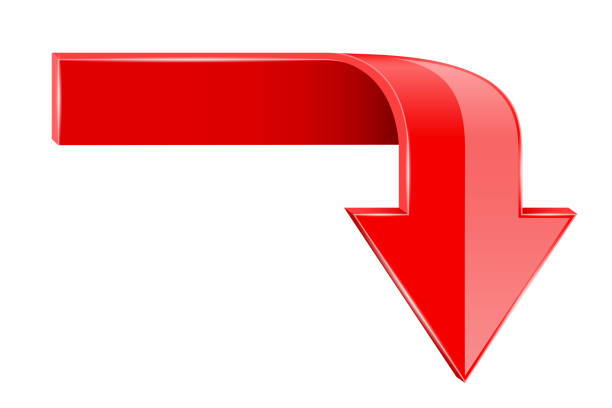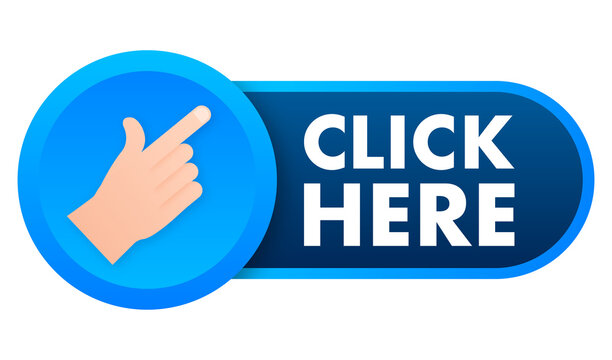

In the relentless pace of modern life, where information bombards us from every direction and the pressure to constantly acquire new knowledge feels ever-present, there’s a profound tendency to prioritize consumption over contemplation. We rush from one task to the next, one lesson to the next, often equating “learning” solely with the intake of new data. However, true, lasting learning is not merely about accumulating facts or completing modules; it is about making sense of information, integrating it with existing knowledge, and transforming raw experience into actionable insight. This deeper process is where the often-overlooked, yet immensely powerful, act of **reflection** becomes indispensable. Far from a passive pause, reflection is an active, critical engagement with our experiences and new information, serving as the essential bridge between doing and truly understanding.

At its core, reflection is the process of consciously thinking about and evaluating our experiences, ideas, and observations. It’s about stepping back from the immediate engagement with a task or a piece of information and asking “why?” or “how?” or “what does this mean?” This deliberate pause allows the brain to process, categorize, and form connections that might otherwise remain hidden. Consider a student who has just completed a challenging math problem. Simply moving on to the next one might improve their speed, but taking a moment to reflect on *how* they solved it, *why* certain steps were necessary, and *where* they might have initially struggled, transforms the isolated act of problem-solving into a deeper understanding of mathematical principles. This reflective practice is what converts fleeting information into embedded knowledge, making it more readily retrievable and applicable in future situations.

Furthermore, reflection is crucial for **identifying and rectifying errors**, fostering genuine improvement. In any learning endeavor, mistakes are inevitable. Without reflection, however, errors can be repeated, leading to frustration and stagnation. By consciously reviewing what went wrong, analyzing the contributing factors, and devising alternative approaches, learners can turn failures into powerful learning opportunities. Imagine a marketing professional who launches a new campaign that doesn’t meet its targets. Simply blaming external factors won’t lead to growth. Reflecting on the campaign’s execution—reviewing target audience segmentation, message resonance, chosen channels, and key performance indicators—allows them to pinpoint the specific missteps. This reflective post-mortem is what enables corrective action, informing future strategies and preventing the same mistakes from recurring. It’s a cyclical process of action, observation, reflection, and adjustment that is fundamental to continuous learning and professional development.

Beyond error correction, reflection significantly enhances **critical thinking and problem-solving abilities**. When we reflect, we engage in higher-order thinking. We move beyond simply accepting information to questioning it, dissecting it, and evaluating its implications. This critical engagement helps us to synthesize disparate pieces of information, identify underlying patterns, and develop more nuanced perspectives. For example, after reading a complex business case study, a manager might reflect on the various strategies presented, considering their pros and cons, and how they might apply to their own organization. This process hones their analytical skills, allowing them to approach new challenges with a more structured and insightful mindset. Reflection transforms passive knowledge consumption into active intellectual work, building the mental muscles necessary for complex decision-making and innovation.
![]()
Moreover, reflection plays a vital role in **emotional intelligence and self-awareness**, which are increasingly recognized as crucial components of effective learning and leadership. By reflecting on our emotional responses to learning challenges, feedback, or interpersonal dynamics, we gain deeper insights into our own motivations, biases, and areas for emotional growth. A student who reflects on feelings of frustration during a group project might realize the importance of clearer communication or better conflict resolution skills. This self-awareness allows for greater self-regulation and empathy, fostering better collaboration and a more positive learning environment. When individuals understand their own emotional landscape, they are better equipped to navigate the social and emotional complexities inherent in any learning or professional setting.

In essence, the power of reflection in learning lies in its ability to transform raw experience into meaningful growth. It is the deliberate act of sense-making, a pause that allows for deeper processing, critical analysis, and emotional integration. In a world that often celebrates speed and volume, cultivating a habit of reflection—whether through journaling, structured debriefs, or simply dedicated quiet time for thought—is a strategic investment. It’s the invisible force that converts information into wisdom, effort into skill, and challenges into profound learning opportunities, ultimately leading to more effective, adaptable, and self-aware individuals prepared for the complexities of a constantly evolving world.

Leave a Reply